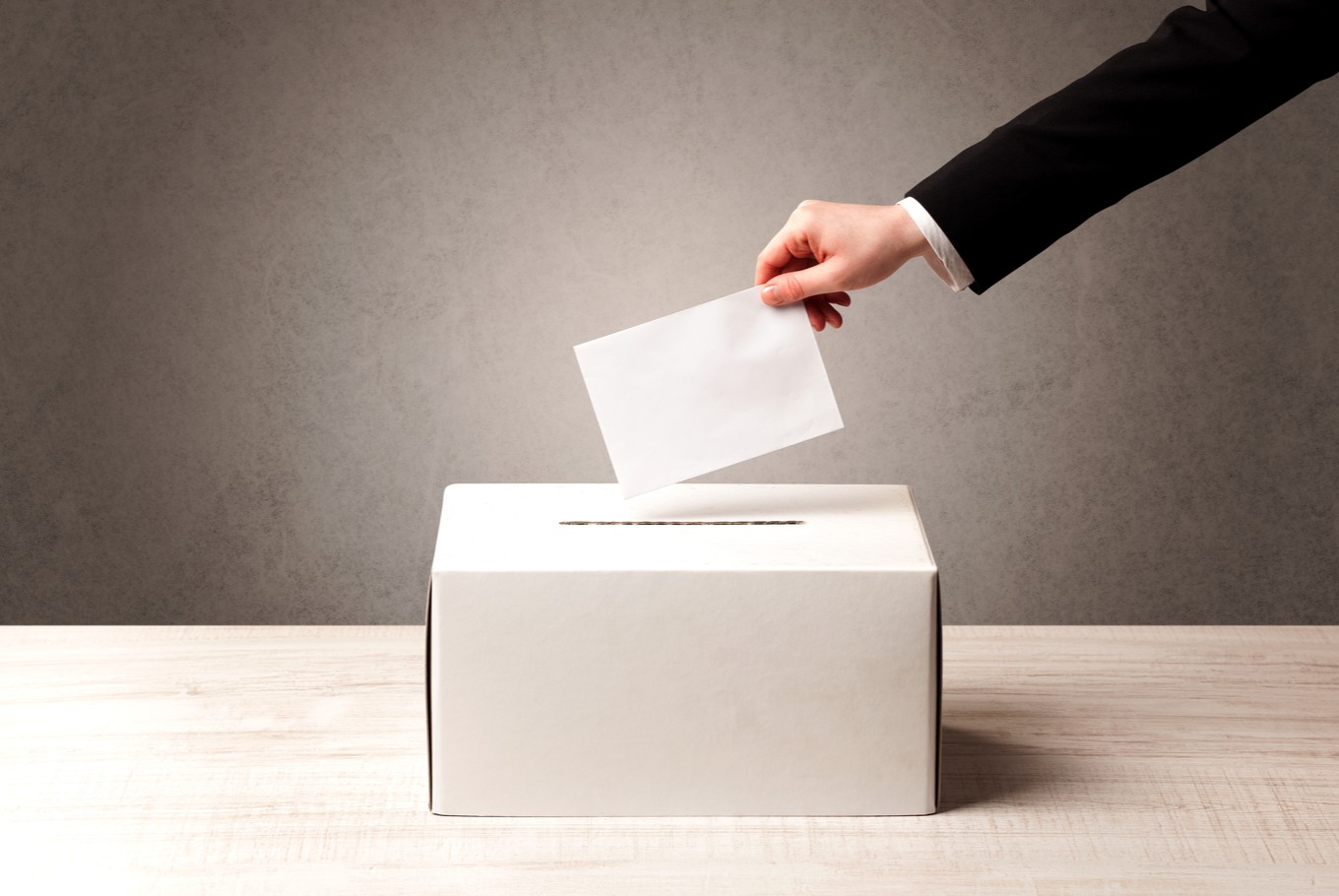Popular Reads
Top Results
Can't find what you're looking for?
View all search resultsPopular Reads
Top Results
Can't find what you're looking for?
View all search results'Golput' weakens democracy
Nonvoters ultimately always support the election winner, whether they want it or not.
Change text size
Gift Premium Articles
to Anyone
S
ometimes in life we are not happy with the choices that are offered to us. Either take this or that — tertium non datur (a third possibility is not given). We are not happy with both choices and prefer just to do nothing. For democracies, however, such behavior is dangerous, particularly if it is practiced not only by a few but by millions of people.
Those who do not vote give away the chance to have a say on the future. To abstain in protest is not effective, because even those who do not vote exercise influence. Nonvoters ultimately always support the election winner, whether they want it or not. Consequently, those who do not vote declare openly that they do not care who will rule the country and thus give up their right to complain and criticize the new government.
In the presidential election scheduled for April 17, the voters have the choice between two presidential candidates, the incumbent Joko “Jokowi” Widodo and his contender Prabowo Subianto.
Despite all their programmatic similarities, there are clear differences between the two candidates and voters can decide in which direction Indonesian politics shall head in the near future.
It was not a wise decision by the politicians in the House of Representatives to increase the presidential threshold in the 2018 Elections Law and the previous legislation passed in 2013 to such high levels that only two candidates for the presidency could emerge. This has led to an unhealthy polarization of the country in two camps, which are opposed to each other.
The election system reduces the remarkable diversity of Indonesian political aspirations to two options that are exactly the same both in 2014 and 2019.
Except die-hard supporters, nobody will completely agree with all elements of the two presidential alternatives. Voting thus means deciding for the candidate who has in general more common points with the voter’s own political convictions.
In other words, it is strategic for the individual voter to prevent the worst possible electoral outcome from occurring and to opt for the lesser evil.
In the Philippine presidential elections 2016, many of my Filipino friends with an academic or NGO background did not vote for Mar Roxas from the Liberal Party or independent candidate Grace Poe, because they were regarded as boring or less convincing. In the end, the radical strongman Rodrigo Duterte won with 39 percent of the vote and turned the Philippines into an authoritarian regime with thousands of extra-judicial killings, suppression of civil society and the media, significant political influence of the military and the police as well as martial law in one third of the country.
In the United States elections in 2016, many rather liberal Americans in the swing states did not vote for Hillary Clinton and abstained. Only this behavior made the election victory of Donald Trump possible.
In Indonesia, golput (abstaining) was a symbol of protest in the authoritarian New Order regime, in which the winning party was already known beforehand and alternative parties either banned or merged by force and tightly controlled. Those who chose golput showed their dissatisfaction with the authoritarian regime and were brave enough to do so.
Nowadays, in the year 2019, to opt for golput in a fragile democratic environment is not an act of bravery anymore. It rather can be interpreted as rejecting democracy and showing ignorance for the political future of the country.
In the worst case, this might pave the way for a new form of authoritarian rule in Indonesia.
***
The author is a German academic and a visiting professor at the Department of Business Administration at Atma Jaya University, Jakarta.










